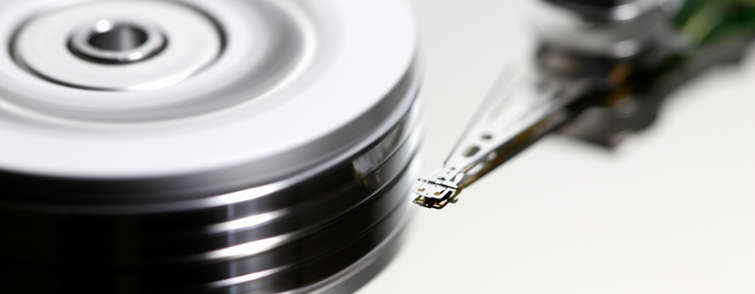232 Gongneung-ro, Nowon-gu, Seoul, 01811, korea
Tel :+82-2-970-6793
Fax : +82-2-970-6800
Copyright © Seoul National University of Science&Technology. All rights Reserved.

Graduate programs in the Department of Mechanical Design and Robot Engineering allow professionals to lead in future convergence technology based on an understanding of precision machine systems and electronic control. In the programs, the research in state-of-the-art mechanical design and mechatronics has been performed. In the state-of-the-art mechanical design program, research centers on intelligent design, CAD/CAM/CAE, nano-micro systems, micro-manufacturing, and energy engineering. In the mechatronics program, research focuses on robotics, machine electronic systems, advanced control and automation. Graduates will act as experts in machine design and manufacturing in the fields of automotives, semiconductor equipment, state-of-the-art machinery, and production systems and in the robot automation fields of robotics, mechatronics, and control.
Education and Research Area
Educational Objective
The educational objective is to train creative, cooperative, and responsible engineers with professional knowledge on mechanical design and robot automation and design skills based on basic knowledge in engineering: creative engineers with the ability to creatively apply convergence technologies based on their professional expertise in mechanical design and robotic automation; cooperative engineers who solve problems with a cooperative spirit and good communication skills; responsible engineers with a sense of social duty and ethics as engineers.
Education and Research Focus Areas
- Mechanical design: mechanics (hybrid electric vehicles, automatic transmissions), mechanical application software (CAD, mold design), CAE (micro-nano-molding, rapid prototyping), mechanical reliability (Dynamic Analysis, flip chip analysis, nuclear power plants), Nano/MEMS (bio-sensors, micro-packaging, nano-devices)
- Robot automation: Microprocessor, humanoid robot (robot control, robot mechanisms), image processing, intelligent robots, semiconductor equipment (LCD, SEM), sensor networks
Applications and Related Industries
Mechanical systems, robotics, automotives, semiconductor equipment, aerospace, shipbuilding, plant / engineering, machine tools, LCD, OLED, mobile phones
Characteristics and Development Prospects
The graduate programs aims for the combination of education and research in mechanical design and robot automation with training engineers to adapt in the core field of future industry. They construct the flexible education and research system and educate the core engineers of future technologies to secure the leading position in the field of mechatronics and systematically train the most competitive professionals. They have produced excellent graduates who respond to the industrial needs in a timely manner by obtaining the leading position in the field of convergence technology, the core of future industry. They expended to future industries such as new areas of bio, environment, and biomedical engineering and built the education and research base to support these areas; therefore, they have very large growth potential.